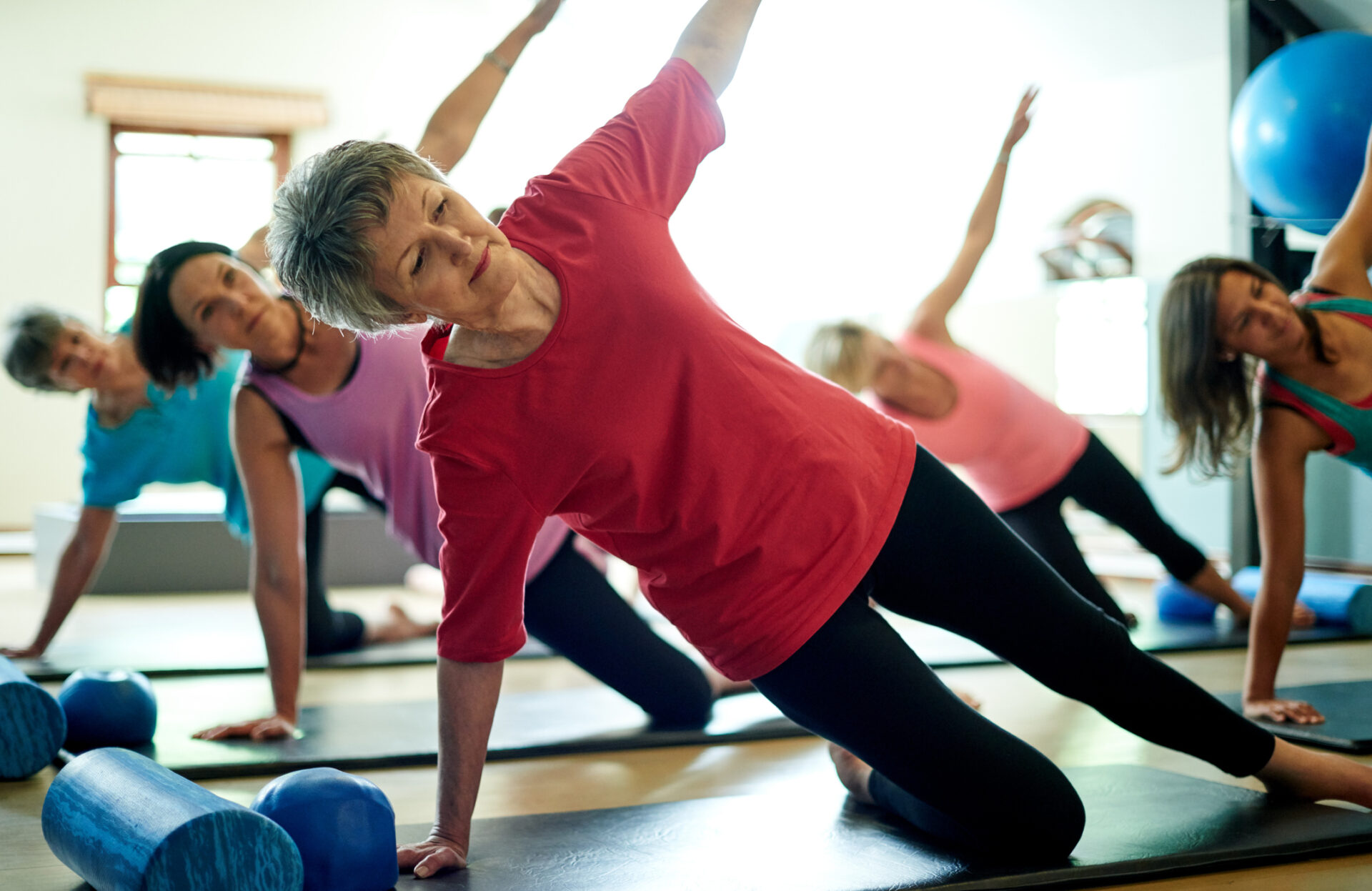
On 25 April 2024, Sport England published the results of their annual Active Lives Adult Survey.
The survey provides insights into the engagement levels of adults participating in physical activity and sport. It provides a further breakdown of trends within datasets including age, gender, socio-economic groups, ethnicity, and so on. It also explores the associations between activity levels and mental health.
The survey reveals that, between 2022 and 2023, there were 34.6 million adults (aged 16+) in England who were either fairly active or active. This is a small increase in numbers taking part in fitness activities compared to the previous 12 months.
The benefits of being active and the impact it can have on mental health are widely reported. But unfortunately there are still disparities that exist within gender, ethnicity, socio-economic groups, age, sexual orientation, and disability. Sport England’s Uniting the Movement campaign aims to encourage more people to take up an active lifestyle and combat inequality.
You can read the full Active Lives Adult Survey here.
Why Aren’t We All Active?
There will always be some who simply do not want to exercise. But beyond this, many factors can prevent people from leading an active lifestyle. People from all walks of life may face financial, time, transport, family and carer responsibilities, and health constraints. Would more people be active if these constraints were not in place?
Also, for cultural, traditional, or other reasons, people may harbour certain perceptions about physical activity. They may tell themselves that they will not fit in, or they won’t know what to do. And there will be many who, for whatever reason, may feel too unfit or lethargic to participate in physical activity.
How Creating a Safer Culture Can Increase Activity
The key is to encourage people to first try some activity, and more importantly, to stick with that activity.
Attending a club or group is a great way to get active. It’s an opportunity to meet up with others and feel part of something, both of which can improve our wellbeing.
There are so many clubs and groups out there that there’s bound to be something for everyone. Yet it’s one thing to join a club or a group. What’s going to keep us coming back?
Clubs and groups need to feel good. They need to have a ‘good vibe’!
When we attend a club or group, we need to be met by friendly people who’ll helpfully explain all necessary rules and systems to us us. We need to know who to speak to if something isn’t right, and we need to feel that the people running the group are properly trained and will be able to meet our needs.
We can call these “good vibes” a “safer culture”. And if this safer culture is not in place, then it’s more likely that people will either stop attending, or they’ll give up on physical activity entirely.
Learn more about our #SaferCultureSaferSport campaign.
How Clubs And Groups Can Build Safer Cultures
If you run a club, a group, or an umbrella organisation, and don’t know where to begin with building a safer culture, the Ann Craft Trust is here to help you.
We run short online or in-person participation group workshops for sport and activity clubs and organisations. This is an opportunity for sport participants to talk openly about how it feels to take part in their sport. We invite them to explore what they enjoy, while also thinking about how effectively their club or group champions their health and wellbeing.
These informal discussions could help improve communication among sport participants. They may also provide some insights into how we can make sport and activity more welcoming for everyone.
The Safeguarding Adults Roadmap
The Safeguarding Adults Roadmap is an interactive tool that provides end-to-end guidance for embedding safeguarding best practice – from considering how your groups are set up through to developing policies and procedures to create a safer environment. The Roadmap will also show you how to effectively respond to concerns should they arise.
To learn more about The Roadmap, join us for a free online launch event on 22 May 2024.
